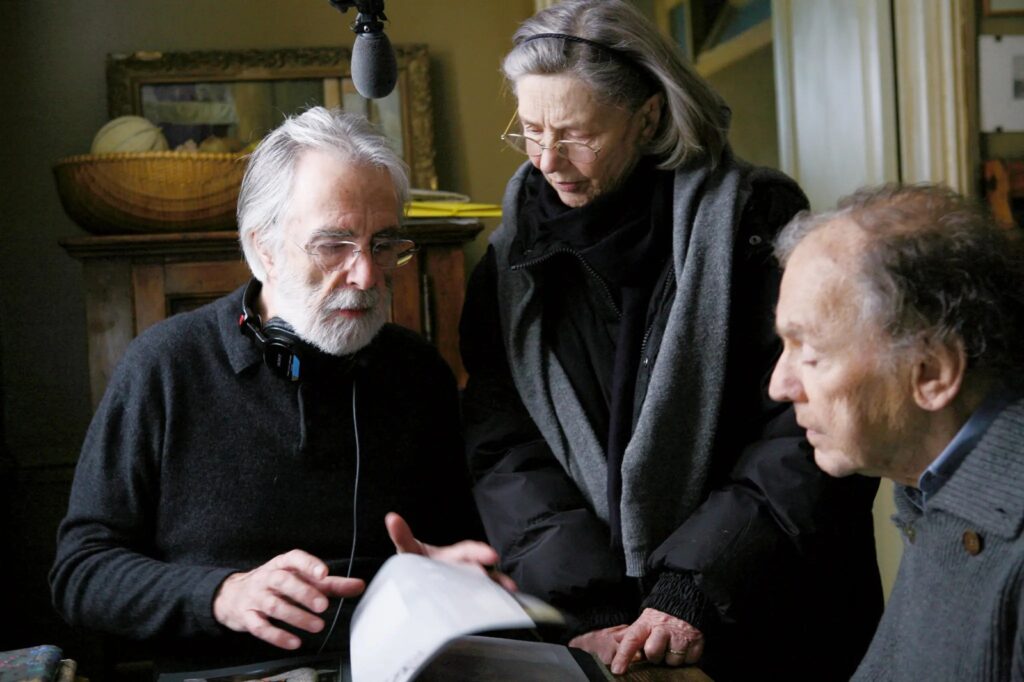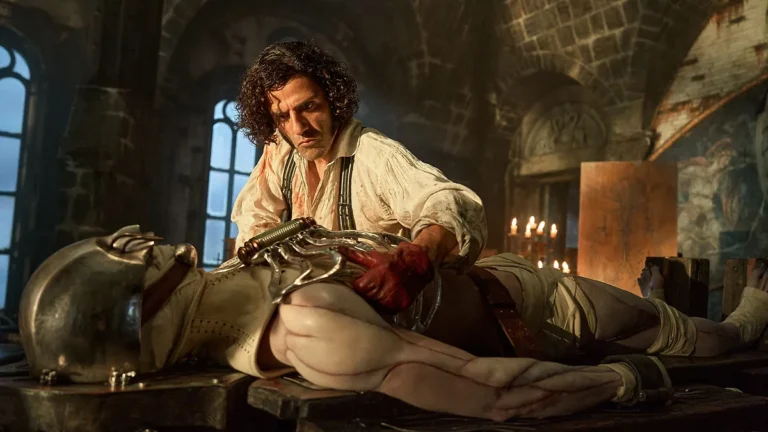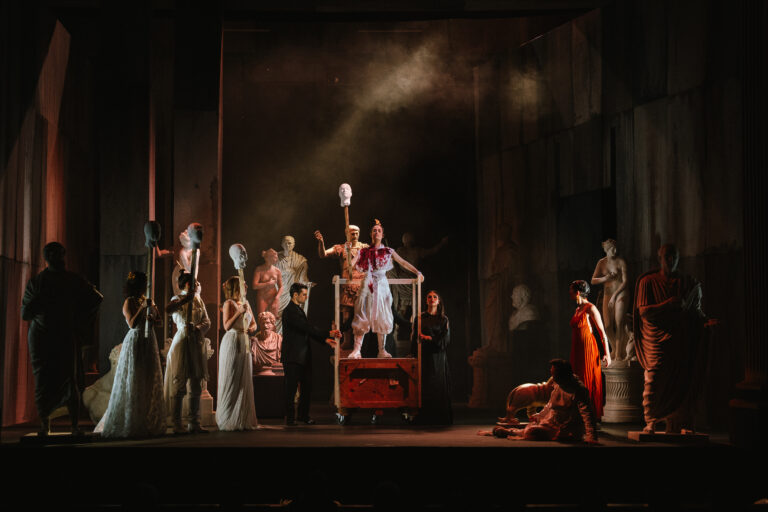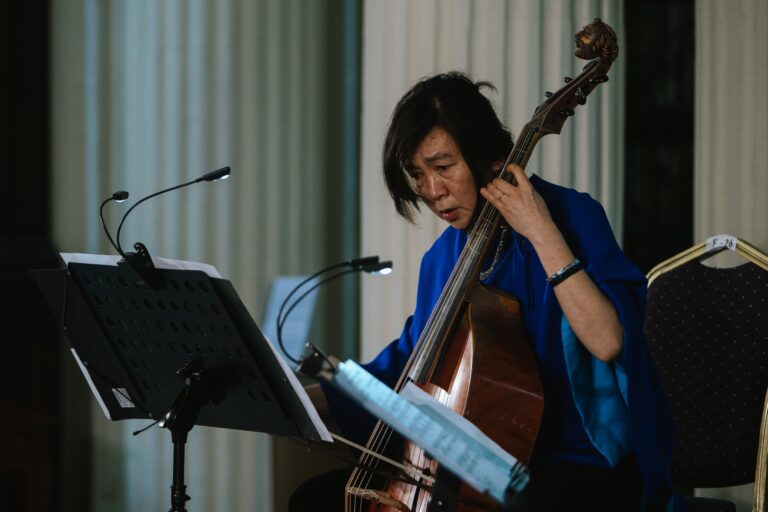Michael Haneke, the Austrian auteur behind Caché and The White Ribbon, was 70 years old when he directed Amour, his Palme d’Or–winning modern classic. Perhaps he was beginning to sense that his time was running out. Perhaps the years had given him the distance to confront a painful personal experience that inspired the narrative. In any case, Amour stands as Haneke’s most heartfelt and personal film.
Amour revolves around an elderly bourgeois couple, Georges and Anne, who live in an elegant apartment in Paris. However, their comfortable, cultured life is shattered when Anne suffers a stroke, which leads to dementia. Georges navigates the degenerative condition as best he can, but the emotional toll of watching his wife suffer is unrelenting.
Haneke drew inspiration from a family tragedy, in which his aunt was crippled by rheumatism and asked the filmmaker to help her end her life to ease the suffering. Haneke couldn’t bring himself to do it, and some years later she took her own life. The weight of this ordeal bleeds through each frame of the film: a thought-provoking look at the extremes we go to for love in times of severe hardship.
Haneke is renowned for exploring the cruelty people inflict on one another, yet Amour stands apart. This is resolutely a film about compassion. Despite this, there is no doubt that Amour is one of the master’s most difficult films to watch. It is a profoundly depressing experience, confronting themes of aging, mental decline, death… and Haneke doesn’t shy away from this. The film is also incredibly claustrophobic, taking place almost entirely in the couple’s ornate yet oppressively moody apartment. There’s an ominous echo of Roman Polanski’s “Apartment Trilogy” here.

The film is almost documentary-like in its realism. There is no easy sentimentality, no sanitisation of the truth, and Haneke once again forgoes any kind of musical score. For those who see movies as a momentary escape from life’s hardships, Amour is certainly not for you. But it’s undeniable that the film struck an immense chord worldwide. Not only did it win Cannes’ highest honour, it went on to nab the Oscar for Best Foreign Language Film.
The key to the film’s emotional resonance is undoubtedly the lead cast. Haneke assembled a formidable trio of legendary French actors: Jean-Louis Trintignant as Georges, Emmanuelle Riva as Anne, and Isabelle Huppert (Haneke’s former Piano Teacher star) as their concerned daughter Eva. Each is utterly believable in the role, but it is Riva (the iconic beauty of 1959’s Hiroshima Mon Amour) who delivers a career-defining performance.
No, Amour is not an easy watch. But it does what great cinema strives to do: it allows us to truly empathise with the lives of others, to feel the emotional reality of life’s bleakest moments.




